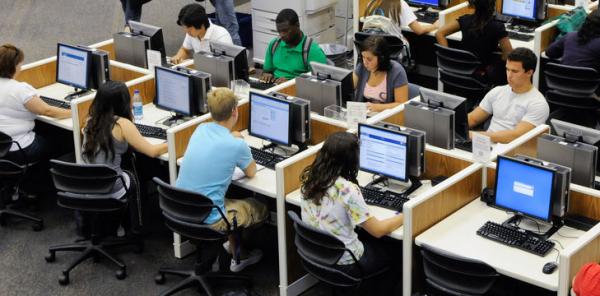As a vulnerable group, international students are often targeted by unscrupulous landlords and end up living in substandard conditions.
In RLC’s experience, proprietors of these properties often fail to register their premises on the Boarding House Register. As a result, the premises are not inspected by the local council, thereby allowing proprietors to maintain accommodation in breach of health and safety standards imposed by the Boarding Houses Act 2012 (NSW) (‘the Act’), as well as Local Council regulations.
However, proprietors of such houses cannot avoid responsibility entirely. The Act’s definition of a ‘registrable’ boarding house includes those that are not listed on the Register. This ensures that such boarding houses are still included within the scope of the Act, thereby subjecting proprietors to a range of obligations that they must follow.
All proprietors operating registrable boarding houses are also obligated to comply with the standards set by local councils in relation to maximum number of residents, cleanliness and amenity, and can face consequences if they don’t.
While the Act does not include backpacker hostels within its definition of a registrable boarding house, such accommodation must also be in compliance with building development plans and policy, and gain approval from the local council.
To find out if a premises is registered or report a boarding house that should be registered go to the NSW Fair Trading Boarding House Register.
Angelica (not her real name) was an international student from Columbia, studying in Sydney. Looking for cheap accommodation she settled on a backpackers lodge in the CBD. Although the unit was only a two-bed room apartment, Angelica discovered that there were 7 other occupants in the apartment, with two bunk beds in each room. She also paid a security deposit of $400 and two weeks rent upfront. When Angelica told the proprietor she was unhappy with the living arrangements, she was told to leave the next day. Angelica then packed her belongings and left to go out, only to return to the premises to find her laptop and suitcase stolen. Angelica’s flat mate told her that the landlord had taken her belongings, which he denied. He also refused to return her security deposit. Angelica came to RLC’s International Student Service distressed and frustrated. RLC assisted Angelica to report the matters to the NSW Police and the Local Council to investigate the failure to register the premises and comply with safety and health regulations. RLC also assisted Angelica to successfully apply to the NSW Civil & Administrative Tribunal (NCAT) for compensation for the loss of personal possessions due to breaches of the occupancy principals under the Act. |
International students, with little understanding of their legal rights in Australia, are particularly vulnerable to exploitation. RLC assists in ensuring international students seek legal remedies they are entitled to and educate them about their rights.
With funding from the City of Sydney we are also currently updating the Boarders Legal Kit to provide further accessibility to the law for vulnerable people.



